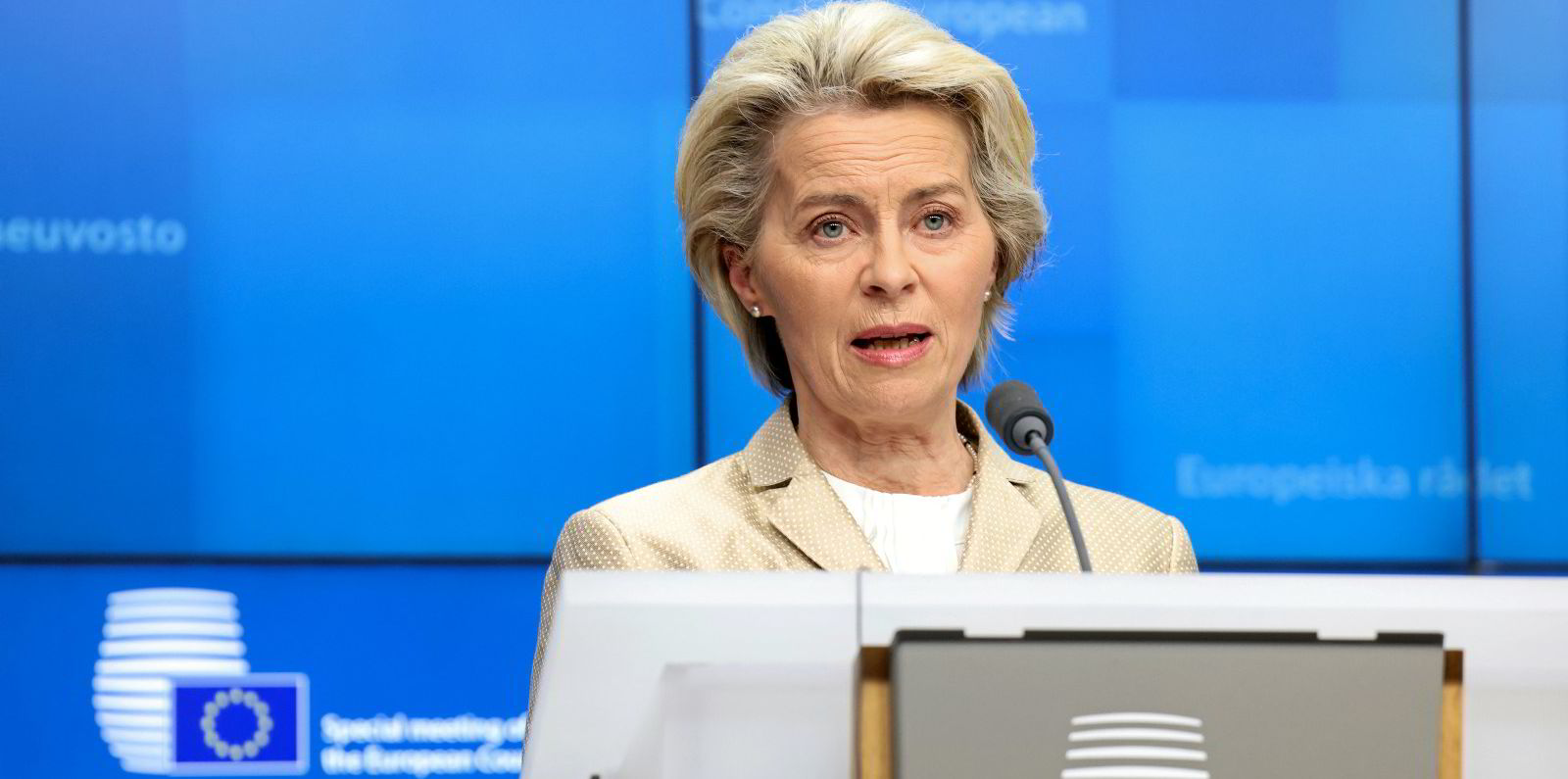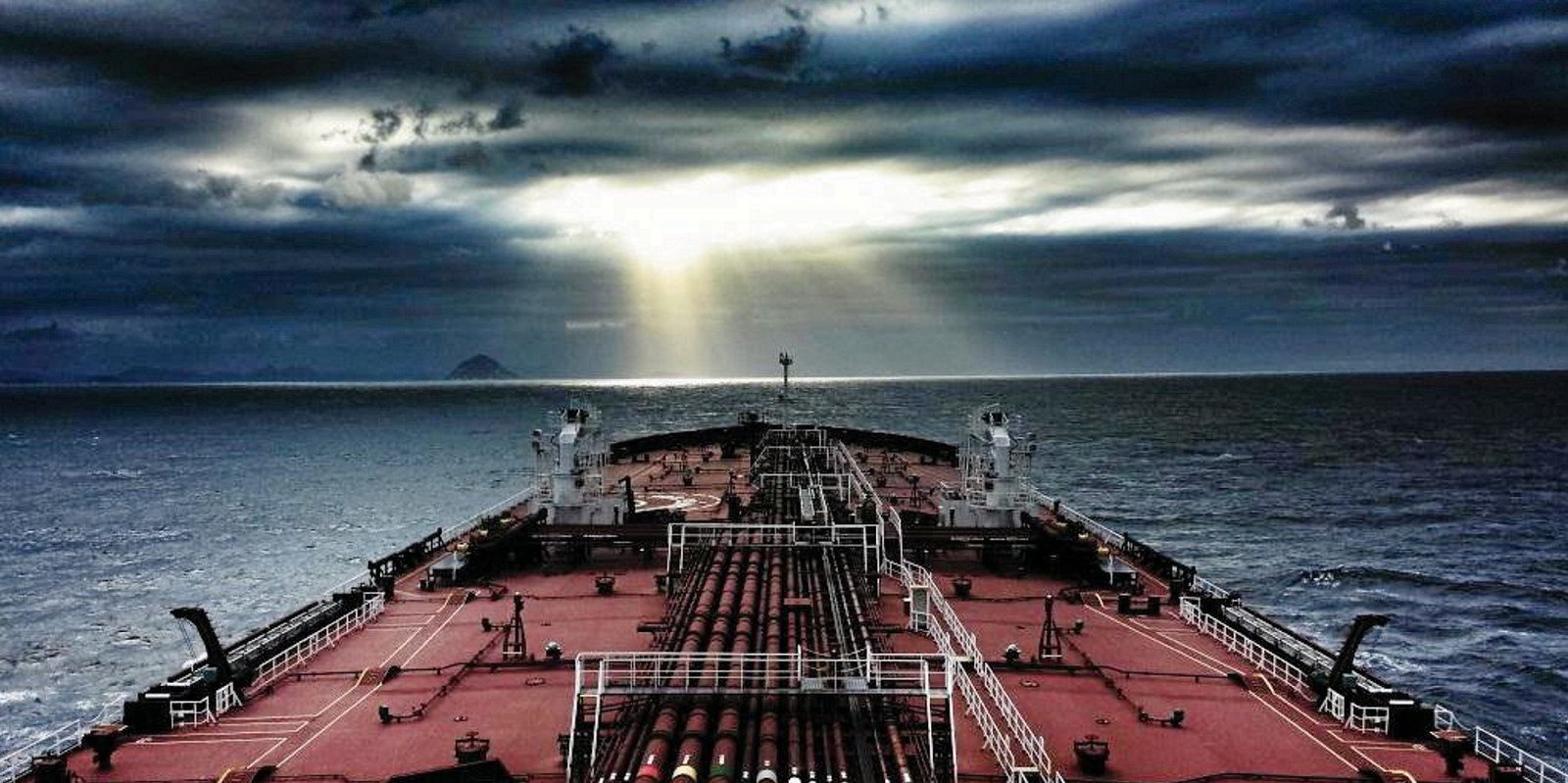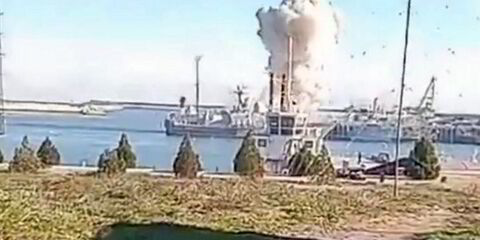Moves to block Russia from the marine insurance market could deliver a severe blow to the country’s oil exports, analysts and legal experts said.
The European Union has said that it will ban insurance and reinsurance of Russian ships as part of its ban on seaborne Russian oil imports.
The Financial Times has also reported that Brussels is coordinating with the UK to block ships carrying Russian crude and oil products from marine insurance markets.
While details of the plan have not been revealed, the ban is expected to block new insurance contracts immediately and phase out existing cover within six months.
“This is a critical measure that could have a dramatic impact on the seaborne trade of Russian oil and oil products,” said Erik Broekhuizen, global manager of tanker research and consulting at broking house Poten & Partners.
He said an insurance ban would severely impact Russia’s ability to export crude, even though a phase-in of the restrictions would give the country’s oil companies and some of their customers time to adjust to the new rules.
“However, even with six months’ advance warning, we expect that Russia will have to cut its exports dramatically,” said Broekhuizen, whose New York company is a broker of both ships and energy commodities.
Publication of the new EU rules is expected on Friday.
An EU and UK ban on insurance for Russian oil cargoes would have sweeping reach. A large majority of the International Group of Protection and Indemnity Clubs, which provides P&I cover for 90% of the world’s shipping fleet, are based in the UK and EU. Lloyd’s of London is a major marketplace for insurance and reinsurance.
Oil ban alone will not do
UK law firm Reed Smith said in a client note that the concern with introducing an EU crude embargo alone was that it would allow Russia to divert its oil exports to places like China and India.
“However, the coordinated implementation of the EU and UK marine insurance ban alongside the EU oil embargo means that Russia’s ability to export oil anywhere in the world will be heavily disrupted,” the firm said in a client note.

“Shipowners will now struggle to find alternative cover as P&I clubs cover around 90% of the world’s fleet.
“Sovereign guarantees could be an option, as could using smaller insurance markets with less established brokers, but there is still the question of whether ports would accept vessels with cover from anywhere outside of the International Group of P&I Clubs.”
In addition to the implications for Russian crude exports, the insurance ban would shake up tanker markets.

Poten’s Broekhuizen said Russia, India and China will need to turn to domestically controlled tonnage, and that will require a fleet of 20 aframaxes for lightering, 23 VLCCs to move 500,000 barrels per day of crude to China, and 31 suezmaxes to carry a similar amount to India just for Baltic Sea exports. Russia’s Black Sea volumes will require 10 aframaxes, up to 25 VLCCs and 20 suezmaxes.
“Finding these vessels and arranging insurance for them outside the EU and UK markets could be very challenging,” he said. “It may also make it difficult for these vessels to get employed in regular international oil trades.”




